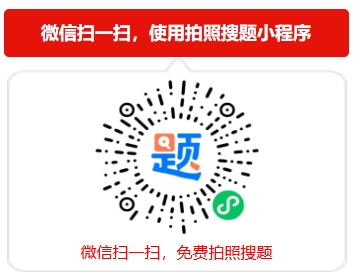填空题
With intellectual capital fast becoming the currency of choice in today’s information-based, global economy, the knowledge sets necessary for success are as dynamic as the rapidly changing environment. The result is the need for continuous update and (26) of one’s abilities, and a renewed emphasis on the value of education and training. 21st century skills include not only essential skills, but also technology (27) , inventive thinking, communication and (28) , and the ability for independent, life-long learning.
"In the knowledge-based economy, knowing how to locate information quickly, (29) and apply that information to solve problems will be very important."
Education is increasingly accountable, measured not simply by a paper (30) or time spent in a classroom, but by an assessment of (31) Elementary and secondary school reforms have been introduced out of concern that students graduating from high school might not be (32) with adequate skills. Pushed by federal laws, nearly all states now require students to master more demanding standards of learning, and hold students accountable through allied assessments. In addition to evaluating students, these systems are being used to measure teachers, schools and (33) performance. This shift in our learning (34) and goals has driven the need for (35) and productive learning solutions. Institutions can no longer prepare students for the digital economy by teaching on an agricultural calendar with industrial methods. Education is viewed as no longer bound by time and place, and home has become the after-hours classroom. The pressure on educational providers is to move beyond whole group instruction within the walls of the traditional classroom and instead deliver real-time instruction when and where it is most convenient and needed. The goal is personalized, flexible. Education and training should enable individuals to keep pace with the ever-changing demands for information and skills.
"In the knowledge-based economy, knowing how to locate information quickly, (29) and apply that information to solve problems will be very important."
Education is increasingly accountable, measured not simply by a paper (30) or time spent in a classroom, but by an assessment of (31) Elementary and secondary school reforms have been introduced out of concern that students graduating from high school might not be (32) with adequate skills. Pushed by federal laws, nearly all states now require students to master more demanding standards of learning, and hold students accountable through allied assessments. In addition to evaluating students, these systems are being used to measure teachers, schools and (33) performance. This shift in our learning (34) and goals has driven the need for (35) and productive learning solutions. Institutions can no longer prepare students for the digital economy by teaching on an agricultural calendar with industrial methods. Education is viewed as no longer bound by time and place, and home has become the after-hours classroom. The pressure on educational providers is to move beyond whole group instruction within the walls of the traditional classroom and instead deliver real-time instruction when and where it is most convenient and needed. The goal is personalized, flexible. Education and training should enable individuals to keep pace with the ever-changing demands for information and skills.
【参考答案】
district
点击查看答案&解析
相关考题
-
单项选择题
A. He has had thirteen decayed teeth.
B. He doesn’t have a single decayed tooth.
C. He has fewer decayed teeth than other people of his age.
D. He never had a single tooth pulled out before he was fifty. -
单项选择题
A. To drive the train after it is started automatically.
B. To start the train and to drive it when necessary.
C. To take care of the passengers on the train.
D. To send commanding signals to the command spot. -
单项选择题
A. By paying for meals one at a time.
B. By borrowing a student’s meal card.
C. By ordering their meals in advance.
D. By buying a weekend meal card.



